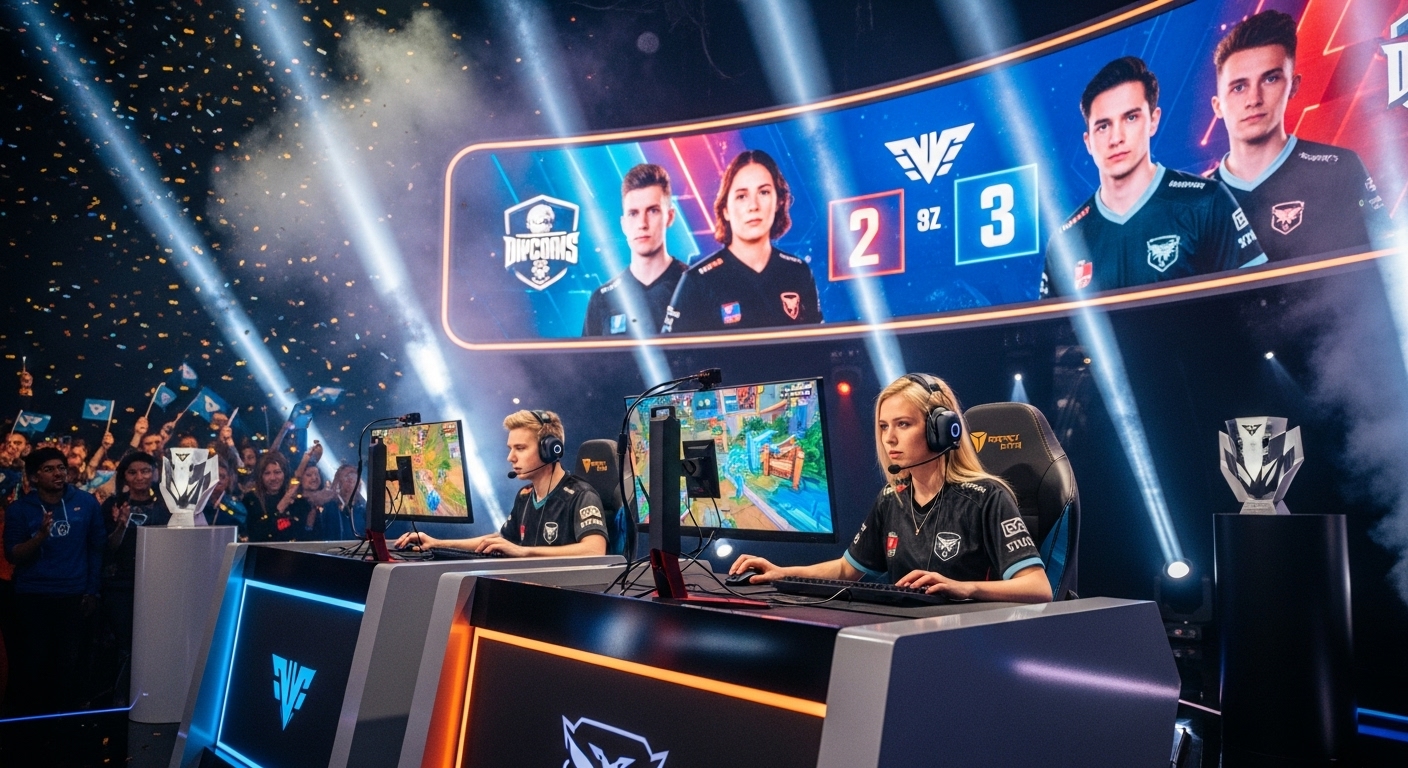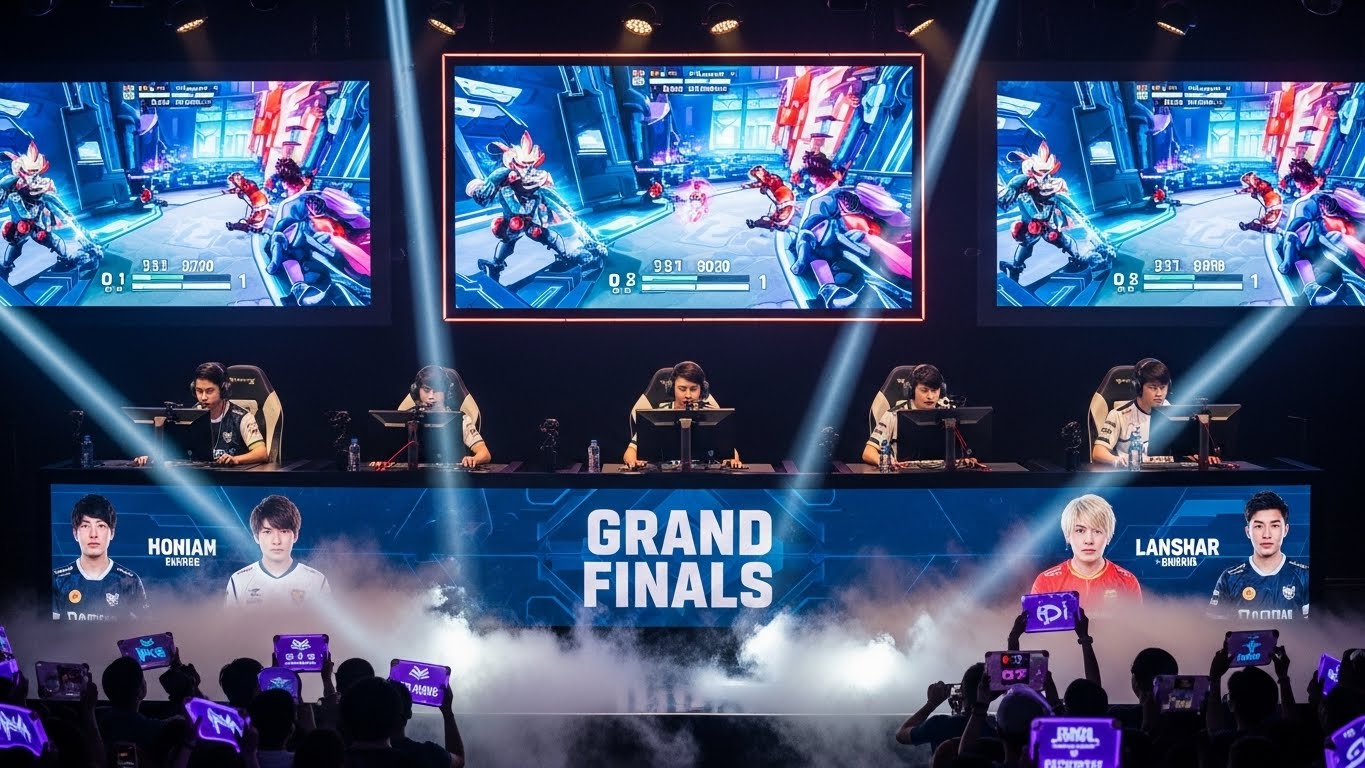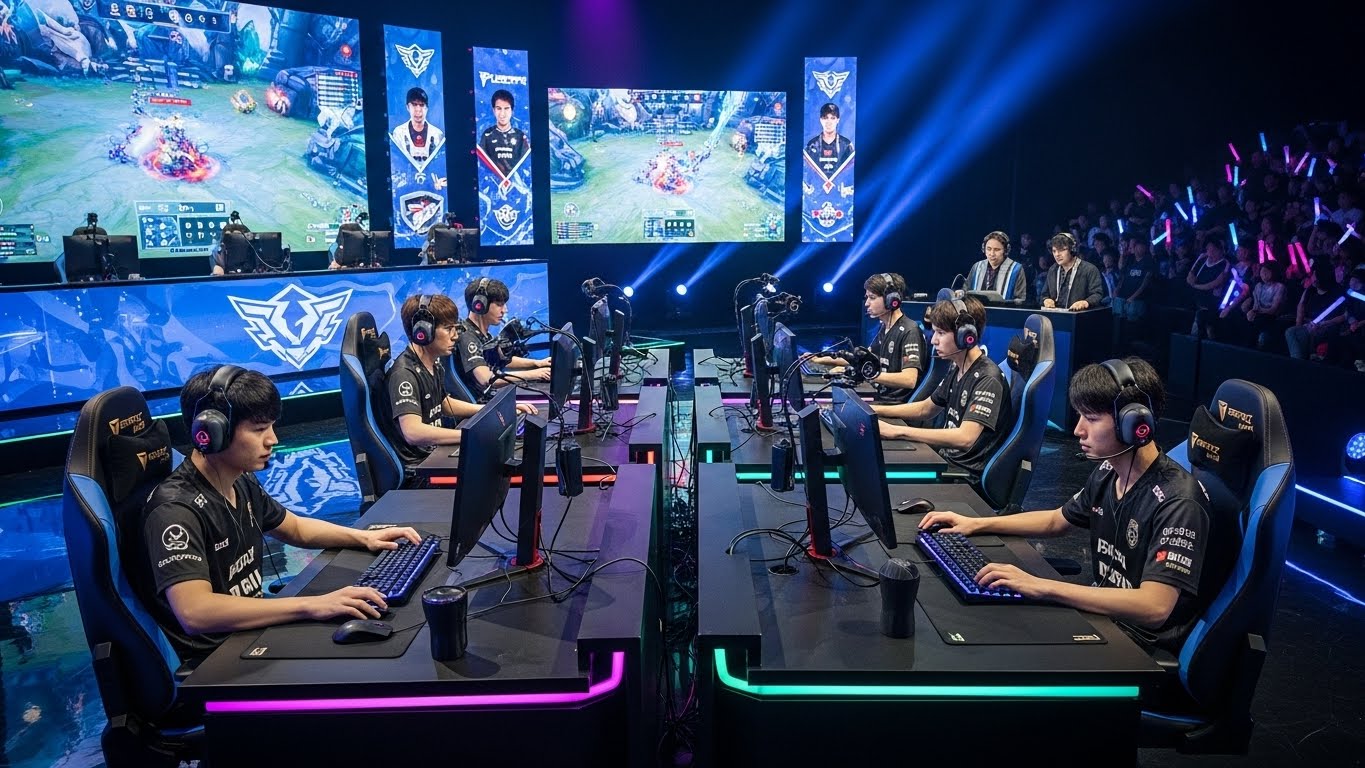Introduction: A New Era of Competition
Esports has evolved from a niche hobby to a global phenomenon in just a few decades. Once considered a pastime for casual gamers, competitive gaming now attracts millions of viewers, professional players, and lucrative sponsorship deals. Its rapid growth reflects not only technological advancements but also a cultural shift in how people perceive video games. Esports is no longer just about entertainment—it’s a legitimate career path and a spectacle that rivals traditional sports in scale and intensity.
The Growth of the Esports Industry
The esports industry has seen unprecedented growth in recent years. Major tournaments now offer prize pools in the millions, and professional teams operate with structured management, training regimens, and dedicated coaching staff. Streaming platforms allow fans from all corners of the world to watch live competitions, making esports accessible to a global audience. The industry also benefits from significant investments from tech companies, brands, and media outlets, turning what was once a hobby into a multi-billion-dollar ecosystem.
Popular Games and Genres
Esports covers a wide range of game genres, each with its own dedicated community. Multiplayer online battle arena games like League of Legends and Dota 2 dominate global tournaments, while first-person shooters such as Counter-Strike and Valorant provide fast-paced, tactical competition. Fighting games, sports simulations, and real-time strategy games also have strong followings, proving that esports is versatile and inclusive of diverse gaming interests.
The Players Behind the Screens
Professional esports players are more than skilled gamers—they are athletes in their own right. Their daily routines involve hours of practice, strategy planning, and physical fitness to maintain peak performance. Mental toughness is just as important, as players face intense pressure during high-stakes tournaments. Many players start young, dedicating countless hours to mastering their craft, with some becoming international celebrities with massive fan followings.
The Cultural Impact of Esports
Esports has changed how society views gaming. What was once dismissed as a solitary or time-wasting activity is now recognized as a form of professional competition. It has fostered communities, inspired content creators, and influenced popular culture in music, fashion, and media. Esports tournaments also offer opportunities for education and career development, with universities now offering scholarships for top players and programs in game design and esports management.
Challenges and the Road Ahead
Despite its success, esports faces challenges. Player burnout, online toxicity, and balancing competitive fairness are ongoing concerns. The industry must also navigate the complexities of international regulations, sponsorship ethics, and sustainable growth. However, with proper management and continued innovation, esports is poised to become an even more prominent part of global entertainment in the coming years.
Conclusion: The Future of Competitive Gaming
Esports represents a fusion of technology, culture, and competition. Its growth has reshaped the perception of gaming, turning it into a legitimate career and a global spectacle. As more players, fans, and investors engage with this digital revolution, esports will continue to thrive, pushing the boundaries of entertainment and redefining what it means to be a professional athlete in the 21st century.



